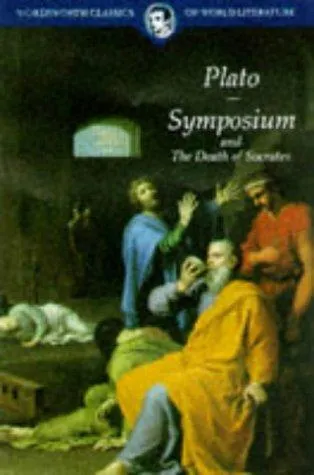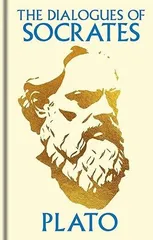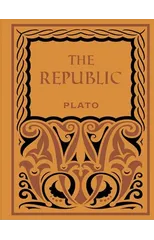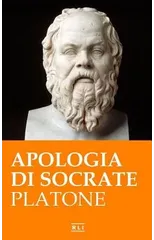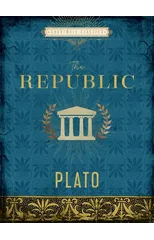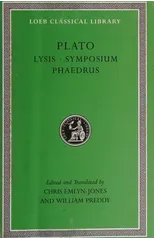"Symposium" gives an account of the sparkling society that was Athens at the height of her empire. The other dialogues collected here under the title "The Death of Socrates" tell the tale of how Socrates was put on trial for impiety, found guilty and sentenced to death.
Plato
Plato was an ancient Greek philosopher and the founder of the Academy in Athens, the first institution of higher learning in the Western world. His most notable works include "The Republic," "Symposium," and "Phaedo." Plato's dialogues are written in the form of conversations between Socrates and other characters, exploring themes such as ethics, politics, and metaphysics.
Plato's influence on literature is profound, as his philosophical ideas have inspired countless writers and thinkers throughout history. His most famous work, "The Republic," is a seminal text in political philosophy and has had a lasting impact on the genre. Plato's literary style is characterized by its use of dialogue, dialectic, and allegory, making his works both engaging and thought-provoking.
